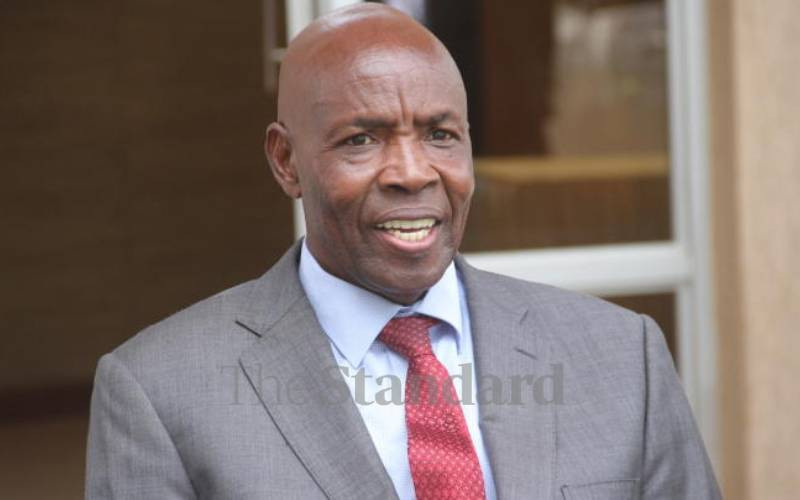×
The Standard e-Paper
Fearless, Trusted News

Thousands of students who sat for the 2023 Kenya Certificate of Secondary Education (KCSE) exams are eagerly awaiting the much-anticipated release of results.
Education Cabinet Secretary Ezekiel Machogu confirmed the timeline in late December, stating that the fate of the 903,260 candidates will be revealed "by the second week of January."